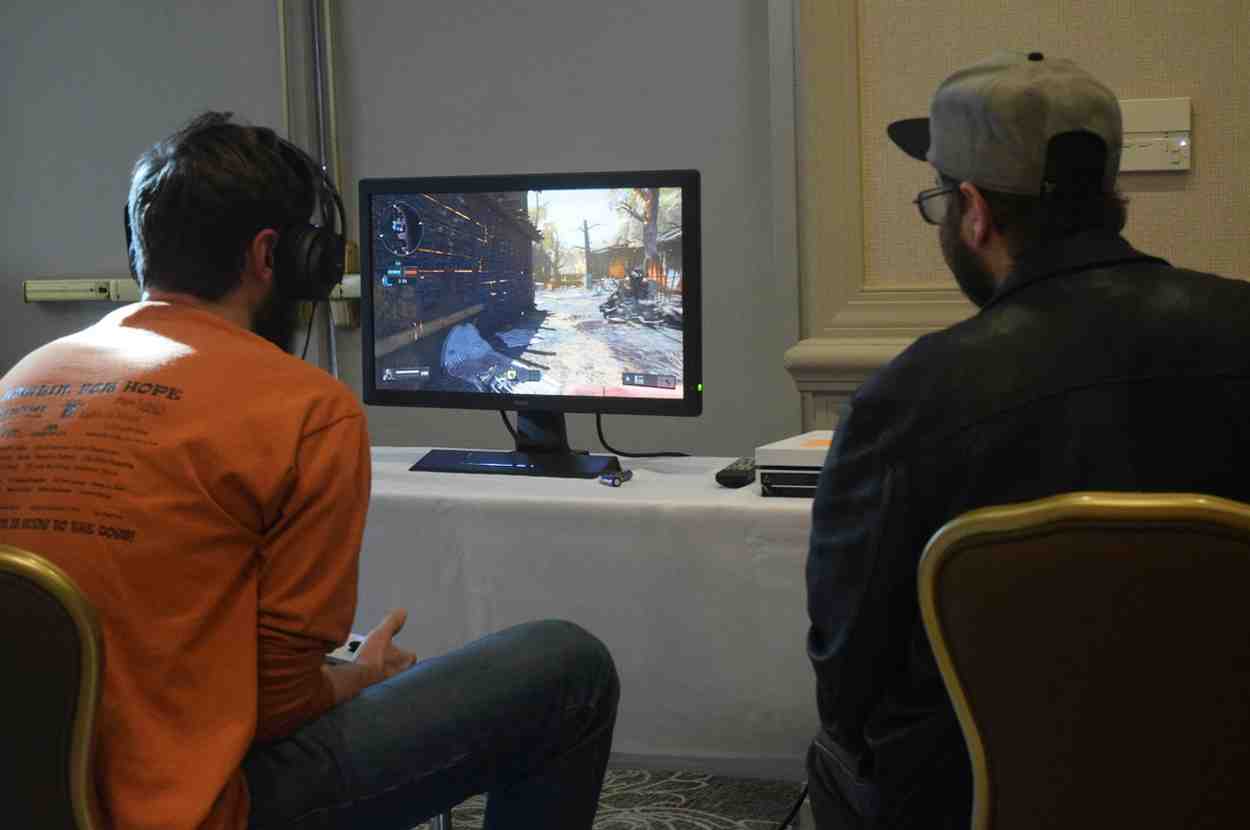Game Testing as a Career Choice: What You Need to Know Before You Start
For many gamers, the idea of working in video games sounds like a dream come true. But while most picture themselves designing or developing games, another path often goes overlooked: game testing as a career choice. On the surface, it might sound like you’re just playing games all day—but the reality is far more complex and rewarding for those with the right mindset.
This guide provides genuine insight into game testing as a career choice. We’ll explore what the job really involves, how it compares to other roles in the gaming industry, and what you should know before jumping in. If you’re considering this path, this article will help you make an informed decision.
What Does a Game Tester Actually Do?
Choosing game testing as a career choice means signing up for much more than casual play. Game testers, or QA (quality assurance) testers, are responsible for finding bugs, glitches, and usability issues in video games before they reach the public. Your job is to break the game, report issues clearly, and support the development team in fixing them.
Typical tasks include:
- Testing gameplay features systematically to spot problems
- Documenting bugs in detail, often using tracking software
- Verifying that fixes work and don’t cause new issues
- Checking for compliance with platform standards (e.g., PlayStation, Xbox)
Game testing requires patience and a sharp eye. You’ll spend hours on repetitive tasks—often replaying the same level or feature dozens of times—to ensure it works perfectly.
How Game Testing Compares to Other Gaming Careers
| Aspect | Game Tester | Game Designer | Game Developer |
|---|---|---|---|
| Primary focus | Identify and report bugs | Create game concepts and mechanics | Write code and build game systems |
| Required skills | Detail-oriented, strong communication | Creativity, design tool expertise | Coding, problem-solving, debugging |
| Education | Often none required; skills matter most | Typically requires a degree or diploma | Usually a computer science degree |
| Career growth | QA lead, producer, or other game dev roles | Senior designer, creative director | Senior programmer, technical lead |
Choosing game testing as a career choice often provides a stepping stone into other areas of game development, especially for those who build additional skills along the way.
Pros of Game Testing as a Career
- Low barrier to entry: Many QA roles don’t require formal education—skills and dedication are what count.
- Direct industry experience: Get hands-on exposure to how games are made and released.
- Skill development: Strengthen your attention to detail, communication, and problem-solving skills.
- Flexible work options: Full-time, contract, and even remote testing roles exist depending on the company.
Cons (and How to Manage Them)
- Repetitive work: You may replay the same scenarios repeatedly. Staying focused on the goal—quality—helps keep motivation high.
- Tight deadlines: Game launches can bring pressure and long hours. Good planning and communication help reduce burnout.
- Modest entry-level pay: Expect to start small, but treat it as an investment in future growth.
- Limited creative input: Your job is to test, not design. But testing provides insight into how games are built.
How to Get Started in Game Testing
If you’re serious about game testing as a career choice, here’s how to begin:
- Master bug reporting: Practice writing clear, detailed reports that developers can act on.
- Look for internships or entry-level QA jobs: Even testing small mobile games gives valuable experience.
- Consider QA certifications: While not required, they can help your resume stand out.
- Join betas or volunteer projects: These can provide practical experience and show your interest.
FAQs About Game Testing
Is game testing just playing games all day? No. It’s structured, task-driven work focused on finding and documenting problems—not playing for fun. Can game testing lead to other careers in gaming? Yes. Many producers, designers, and programmers started in QA. It’s a great way to understand the development pipeline. Do I need to be a top gamer? No. The focus is on being thorough and detail-oriented, not on high-level gameplay. Is remote game testing possible? Increasingly, yes—especially for contract and freelance positions. But some companies still require on-site work for security reasons.
Tips for Succeeding as a Game Tester
- Improve your communication skills: Good testers write bug reports that are easy for developers to understand and act on.
- Stay curious: Test things in unexpected ways. The more you try to break the game, the better.
- Learn basic technical skills: Understanding how games are built (e.g., basic coding, databases) helps you become a more effective tester.
- Network within the industry: Build relationships with dev teams and other testers—it can open doors to future roles.
Final Thoughts
Game testing as a career choice offers a unique opportunity to work inside the gaming industry, contribute directly to the quality of games, and build skills that are valuable across many tech and creative fields. It’s not just about playing—it’s about making games better. If you love problem-solving, are detail-oriented, and want to help shape the player experience, this could be the right path for you.
Like any career, it’s not without challenges. But for those willing to put in the work, game testing as a career choice can be a rewarding, eye-opening experience and a launchpad to even bigger opportunities in gaming and beyond.
